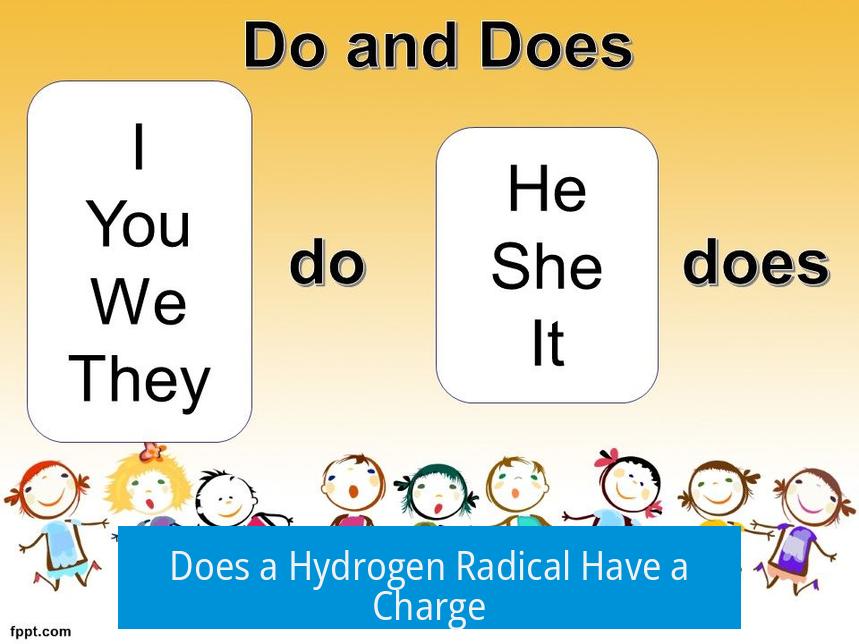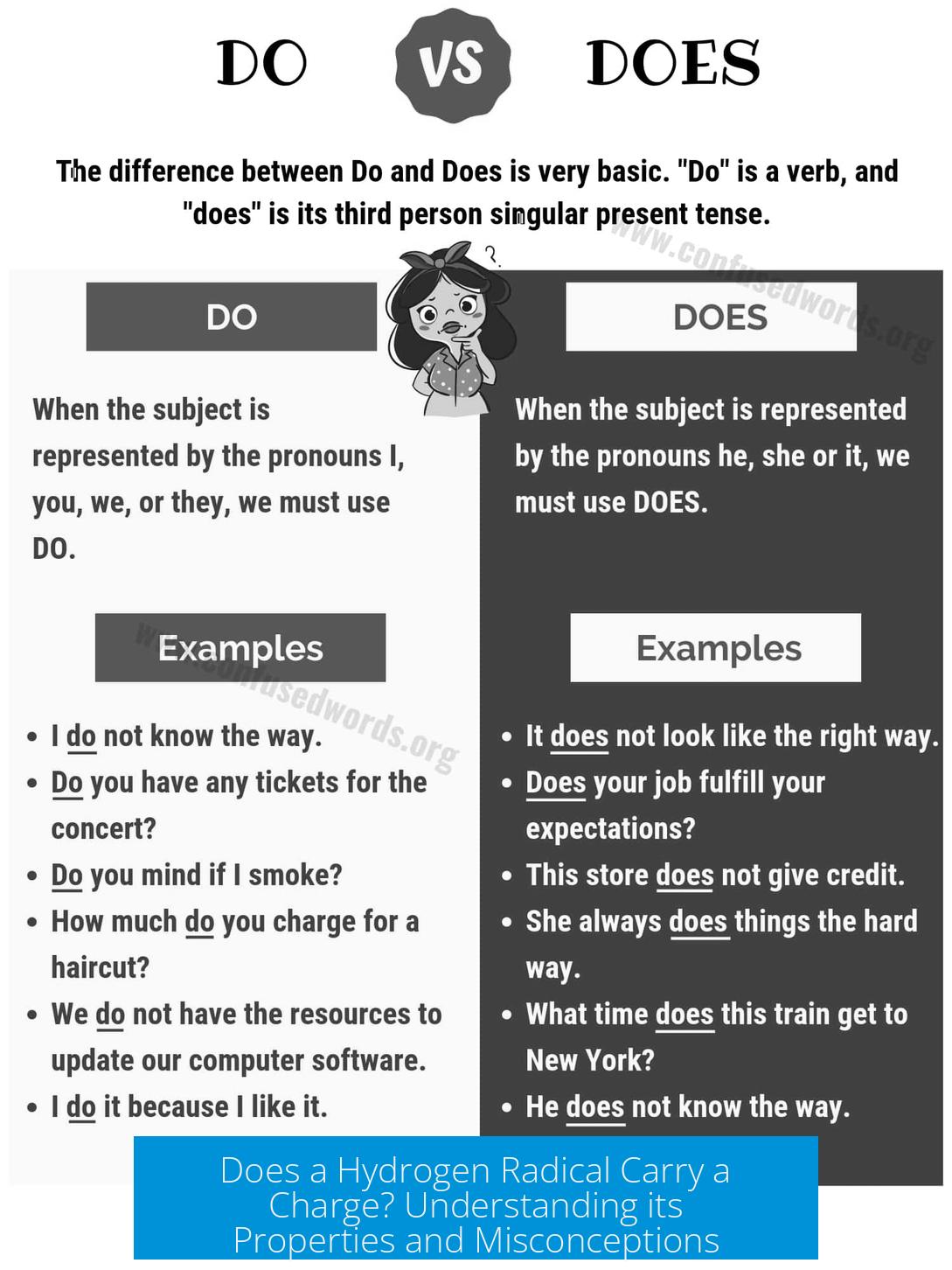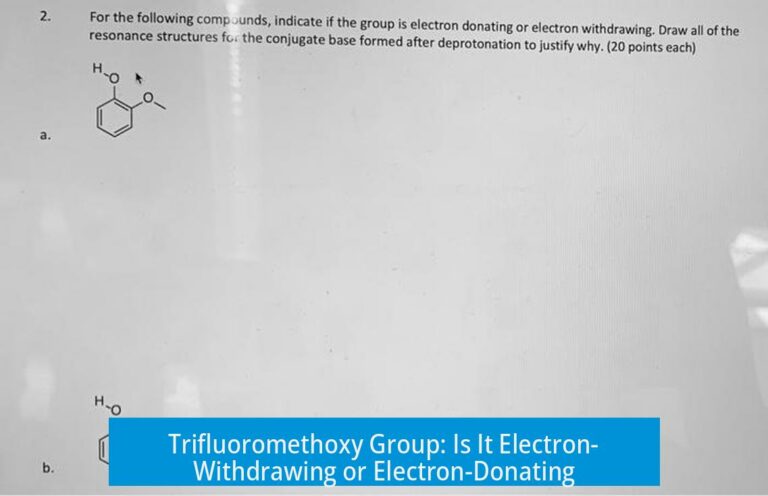Does a Hydrogen Radical Have a Charge?

A hydrogen radical (H·) is a neutral species without any net charge. It differs from other hydrogen-based species such as the proton (H+), which carries a positive charge, or molecular hydrogen (H2) radicals. The hydrogen radical has one unpaired electron, making it reactive but electrically uncharged.
Understanding the Hydrogen Atom and Its Variations
A hydrogen atom consists of one proton and one electron, resulting in a neutral charge overall. When hydrogen loses its electron completely, it forms a proton (H+), acquiring a positive charge. This species is an ion, not a radical.
On the other hand, the hydrogen radical (H·) contains one proton and one unpaired electron. It is different from H2 radicals, which involve two atoms with unpaired electrons. These distinctions are important since each species displays different chemical behavior and charge states.
Radicals and Their Charge States
Radicals are defined as species with an unpaired electron. Typically, radicals are neutral because the number of protons balances the number of electrons except for the unpaired one. Being a radical does not inherently mean the species carries a charge.
- Hydrogen radical (H·): neutral, reactive species with one unpaired electron.
- Proton (H+): positively charged ion, not a radical.
- Charged radicals: radicals can carry a charge if they lose or gain electrons additionally, but this is separate from their radical nature.
Common Misconceptions
Some confusion arises when hydrogen radicals are mistaken for ions like H+ or when ionic character is incorrectly assigned. In reality, a hydrogen radical does not have an outward charge. It remains electrically neutral while maintaining its radical reactivity due to the unpaired electron.
Summary of Key Points
- A hydrogen radical (H·) is neutral and has no net charge.
- H+ (proton) is a positively charged ion, not a radical.
- Radicals usually do not carry charge unless ionized further.
- Hydrogen atom, radical, and ion are distinct species with different charges and properties.
Does a hydrogen radical carry a charge?
A hydrogen radical (H*) is neutral. It does not carry a net charge. Radicals are usually uncharged unless specifically ionized.
Is a hydrogen ion (H+) the same as a hydrogen radical?
No. H+ is a proton and an ion with a positive charge. It is not a radical. The hydrogen radical is neutral and different from H+.
Can radicals have charges in general?
Radicals typically do not have charges. They are neutral species unless they gain or lose electrons creating charged radicals.
Why do some people think a hydrogen radical has a charge?
This often comes from confusing ions like H+ with radicals. Hydrogen radicals do not have an outward charge or ionic nature.
What are the differences between hydrogen atom, radical, and ion?
A hydrogen atom contains one proton and one electron, making it neutral. A hydrogen radical (H*) is an uncharged species with an unpaired electron. An ion like H+ lacks electrons and carries a positive charge.





Leave a Comment